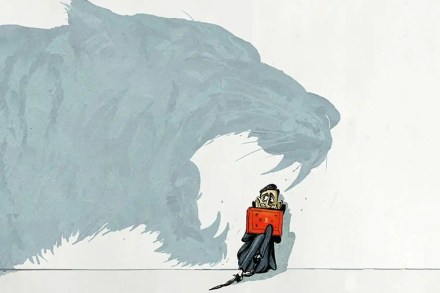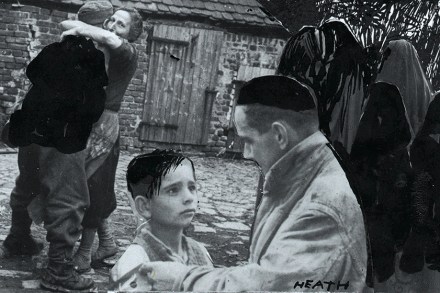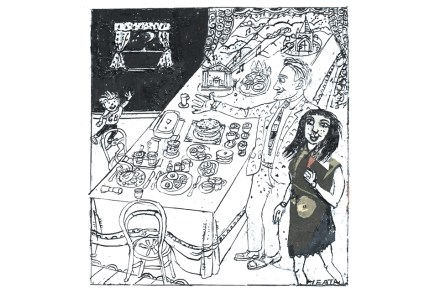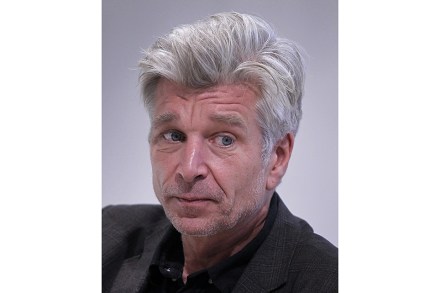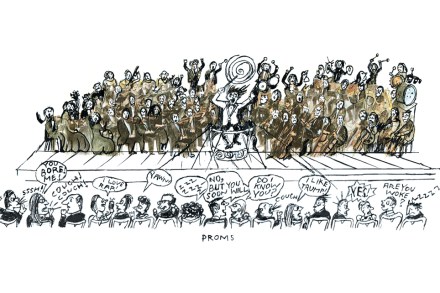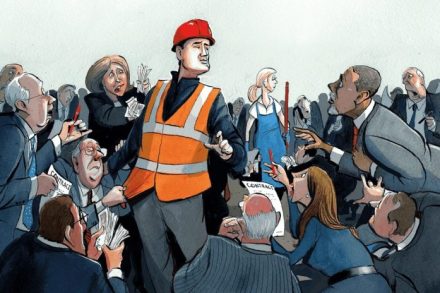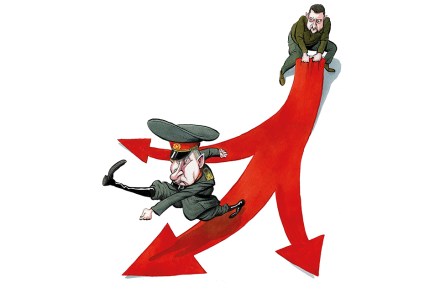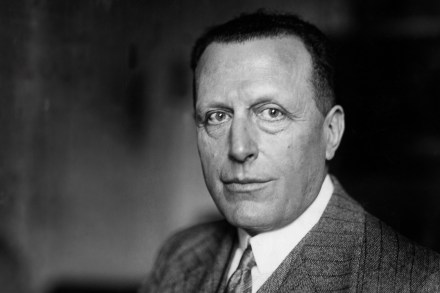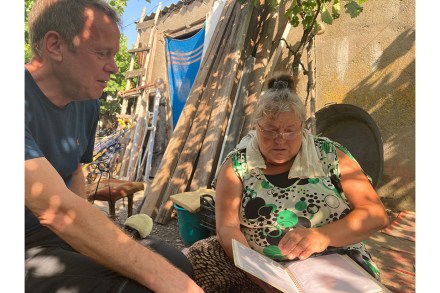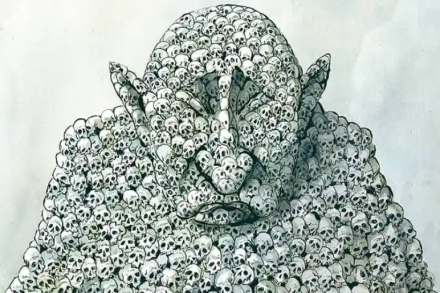The attack on Israel must lead to an uptick in inflation
A 10 per cent increase in oil prices translates to a 0.15 per cent loss of global GDP and a rise of 0.4 per cent in global inflation, says Gita Gopinath, deputy managing director of the IMF. Before Hamas launched its assault on Israel on 7 October, the Brent Crude barrel price had already moved 20 per cent above its summer level of $75 and pundits were predicting $100, based on prospects of tighter supply from Saudi Arabia and Russia. Natural gas prices have also risen sharply with winter approaching – and no one knows how escalation of the latest Middle East conflict might affect other energy flows and supply chains.
